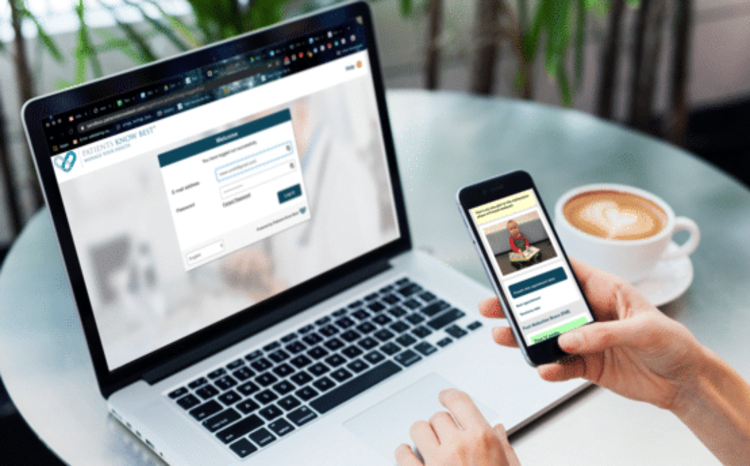Vodafone invests in mobile health firm
- 17 December 2008
Newbury, Berkshire-based, mobile phone giant Vodafone has invested in t+ Medical, a UK provider of mobile health services acccessed across mobile handsets.
Vodafone Ventures Ltd, the corporate venture capital arm of Vodafone Group, has made an undisclosed investment in t+ Medical, which specialises in the use of mobile phone-based to transfer patient biometric data as part of mobile healthcare services.
Spun-out of Oxford University in 2002, t+ Medical is currently involved in two of the Department of Health’s Whole System Demonstrators – large scale projects to test the benefits of telehealth services. The company is involved in the pilots in Newham and Cornwall.
The company specialises in the transfer of patient data using standard mobile phones, into which a patient either enters data or to which vital signs data is automatically relayed – using technology such as bluetooth – from a range of personal monitoring devices.
In the service for diabetics, a patient records their blood sugar in a text and answers a few simple questions which they then send to a medical call centre. The company has invested in its own dedicated medical call centre.
Tim Clover, CEO of t+ Medical told E-Health Insider: “By making deployments based on the patient’s mobile phone you make it so much cheaper than using a web-based system or home monitoring technology.”
He said although t+ Medical offered a range of chronic disease management programmes – for areas including diabetes, COPD, cancer, cystic fibrosis and hypertension – customers to date had mainly been PCTs interested in “admissions management and reduction”.
Clover said that studies carried out by his firm had shown that they were able to help PCTs achieve a reduction of 58%. “All based on a service model using existing mobile phones.” The key PCT reference customer for the service is Oxford PCT.
Clover told EHI that working with Vodafone, the largest mobile phone company in the world, was that it gave t+ Medical a partner with the ability to rapidly deploy services at true scale.
While PCTs are currently buying services for 1,000-3,000 patients at a time, Clover said the aim was to offer services at a much larger scale: “We’re talking about trying to take this out to a couple of million patients.”
He added: “The problem our industry is having is how you go from a few pilot customers with contracts of a 1,000 patients to 10,000, 100,000 or a million. We don’t know how to do it, but Vodafone does, they run the world’s largest data infrastructure.”
He said that providing services to 2m patients could potentially save the NHS one billion pounds a year.
The company says the latest investment from Vodafone will also enable it to accelerate the roll-out of its mPRO (mobile patient reported outcomes) platform, designed for use in clinical trials.
The mPRO technology is said to enable the easy collection of patient data in clinical trials via a mobile phone. Data is entered by subjects into an interactive diary programme on their mobile.
Using secure mobile networks, the information is automatically and instantly downloaded to t+ servers where it can be analysed, ensuring any significance in the results is identified at the earliest possible opportunity.
Vital signs monitors that can be connected to the system include: spirometer, bluetooth blood sugar monitor, bluetooth scales and ECG.
Clover said: “The provision of healthcare services and clinical trials through mobile technology offers a scalable platform to allow large volumes of patient data to be securely transferred and analysed in real-time.”
Peters Suh, President of Vodafone Ventures said: “This investment will help to ensure that t+ Medical is able to deliver on its potential while bringing greater scale to the mHealth market.”





